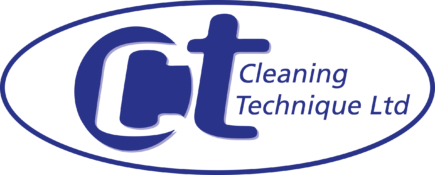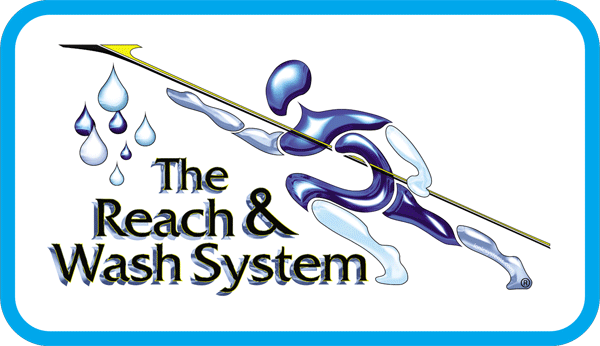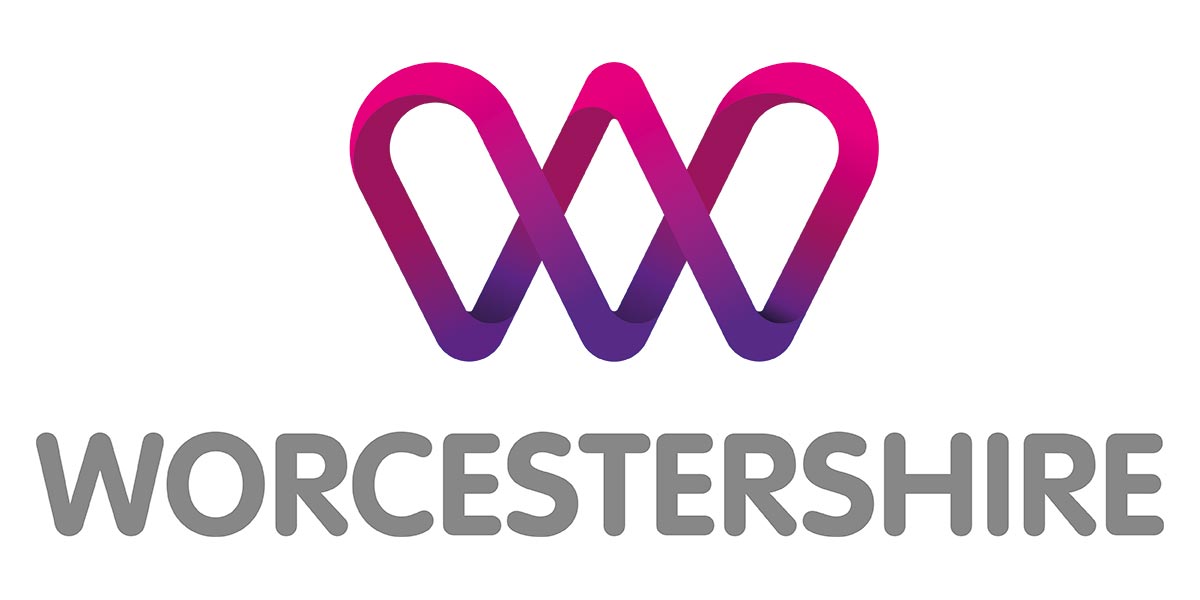Why professional cleaning should be part of your planned preventative maintenance schedule.
Preventative maintenance is the practice of monitoring assets regularly to identify any potential maintenance needs before a disruption occurs. The aim is to keep all machinery in good working order so as to optimise production and prolong the life of all assets. As a business owner, you may not consider professional cleaning to be something that could add to this process, but we believe that there are some very compelling arguments for including professional cleaning as part of your maintenance schedule.
1. Prevent the broken window effect
The Broken Window Theory stipulates that if a property appears unused and unloved (i.e. windows are smashed, litter is piling up and bins have not been emptied), it will attract additional antisocial behaviour and activity. This has a cumulative effect and slowly the building becomes derelict.
Maintaining a tidy outdoor space, clean windows, removing rubbish regularly, and reporting graffiti promptly can ensure a property maintains a cared for appearance. This prevents crime and will make the property more attractive to potential tenants and buyers.
2. Longer asset life
Some of the additional services that we provide support preventative maintenance schedules. Our carpet and upholstery cleaning team can ensure the longevity of soft furnishings. Ensuring floors are waxed regularly prolongs their use.
Ultimately, a small monthly cost can mean savings longer term, as all elements of the property last longer. This is particularly important if your company rents out commercial property and you want a good long-term return on your investment in the property.
3. Ensure compliance with regulations
Depending on your industry and sector, professional cleaning requires specialised knowledge and compliance with certain regulations, such as HSE or CQC regulations
For example, maintaining a commercial property that is used to produce food requires an understanding of which areas are at higher risk of bacterial transmission. Such premises require the use of colour coding systems to identify and clean areas to an appropriate standard in order to meet FSA requirements.
Professional cleaning companies such as ours are used to working in a variety of commercial properties and can apply industry knowledge to these sectors. Our cleaning operatives are trained and monitored in order to maintain these industry standards.
4. Ensure quality control
Using non-specialists to provide cleaning services can result in a poor quality clean. Although cleaning “to-do” lists can seem like an easy way to keep on top of cleaning needs, not giving a qualification or measure to help judge the quality of the cleaning job can lead to a poor result.
An easy example of this is in the case of Covid secure cleaning practices. Although a “to-do” list might say, “Check all touchpoints have been cleaned with antiviral spray”, a simple tick box approach does not necessarily ensure that the touchpoints have been cleaned appropriately. The schedule needs to indicate you use spray that complies with British Standard European Norm Accreditation BS EN 14476 and should itemise all the touchpoints that need cleaning. In addition, cleaning needs to start from the top of the room, downwards, to ensure lower-level surfaces aren’t re-contaminated as the cleaner moves through the building. This level of detail requires a level of experience in the field that is hard to find in-house.
5. Faster turnaround on projects
If you are a commercial property agent or landlord, regular professional cleaning services mean that you can vastly improve the turnaround time between tenants and reduce the need for major deep cleaning. This ultimately saves you money.
If you are interested in a free consultation and want to find out how we can support your preventative maintenance needs by providing routine professional cleaning services, please get in touch. We look forward to hearing from you.



